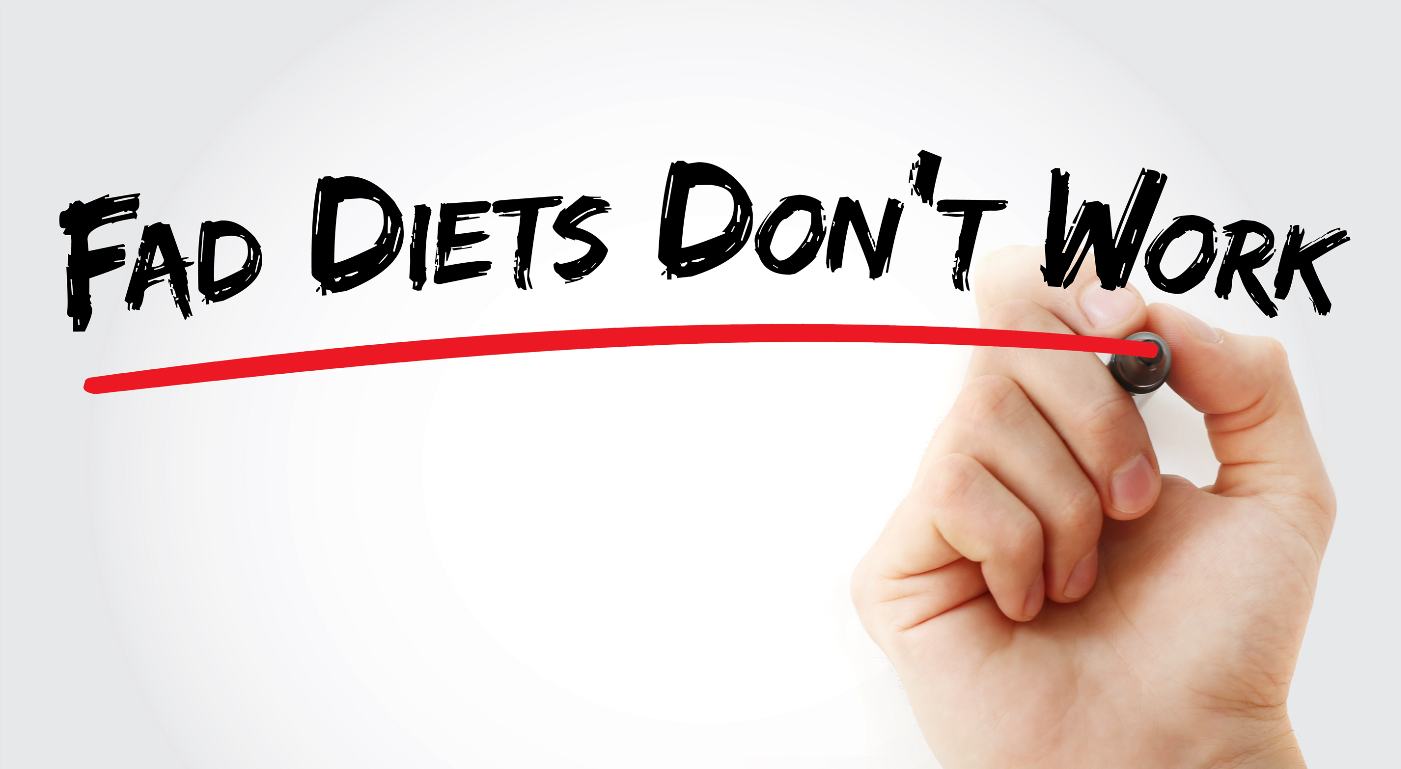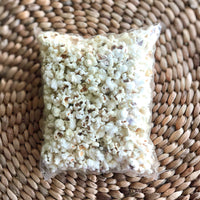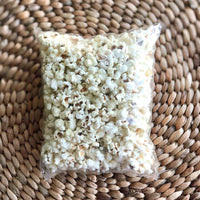
It's no secret that the diet industry is full of fads and trends that promise quick and easy weight loss. While these diets may produce short-term results, they often leave people feeling unsatisfied, hungry, and frustrated. In contrast, sustainable diets prioritize long-term health and wellness, and are designed to be healthy and enjoyable for the long haul. In this article, we'll discuss the importance of sustainable diets versus fad diets.
-
Fad diets are unsustainable: One of the biggest issues with fad diets is that they are often unsustainable over the long term. Many of these diets rely on severe calorie restriction, elimination of entire food groups, or other extreme measures that are difficult to maintain for more than a few weeks or months. In contrast, sustainable diets prioritize balance, variety, and moderation, making them much more likely to be maintained over the long term.
-
Fad diets can be unhealthy: Many fad diets are not based on sound nutritional principles, and can be unhealthy in the long run. Some fad diets encourage liquid diets or the exclusion of entire food groups, which can be harmful for your overall health. In contrast, sustainable diets prioritize whole, nutrient-dense foods, and are designed to support long-term health and wellness.
-
Fad diets can lead to weight cycling: Weight cycling, or the repeated loss and gain of weight, has been linked to a number of negative health outcomes, including an increased risk of heart disease, diabetes, and other chronic conditions. Many fad diets promote rapid weight loss, which can be difficult to maintain over the long term and can lead to weight cycling. In contrast, sustainable diets prioritize gradual, sustainable weight loss that is more likely to be maintained over time.
-
Sustainable diets promote overall health: Sustainable diets prioritize overall health and wellness, rather than just weight loss. These diets are designed to support a healthy weight, but also to promote optimal nutrient intake, support heart health, and reduce the risk of chronic disease. In contrast, fad diets often prioritize weight loss above all else, and may not provide the necessary nutrients for optimal health.
-
Sustainable diets can be enjoyable: Sustainable diets are designed to be enjoyable and satisfying, which is an important factor in maintaining long-term adherence. These diets prioritize a variety of nutrient-dense foods, and often include room for indulgences and treats. In contrast, many fad diets are overly restrictive and may leave people feeling deprived and unsatisfied.
Get on the Eat Clean meal plan to make sure you are reaching your health goals all the while consuming nutrient-dense foods to fuel your body.
In conclusion, sustainable diets are a much better choice than fad diets for long-term health and wellness. These diets prioritize balance, variety, and moderation, and are designed to be enjoyable and sustainable over the long term. If you're looking to make lasting changes to your diet and lifestyle, focus on sustainable habits rather than quick fixes or fads.





































